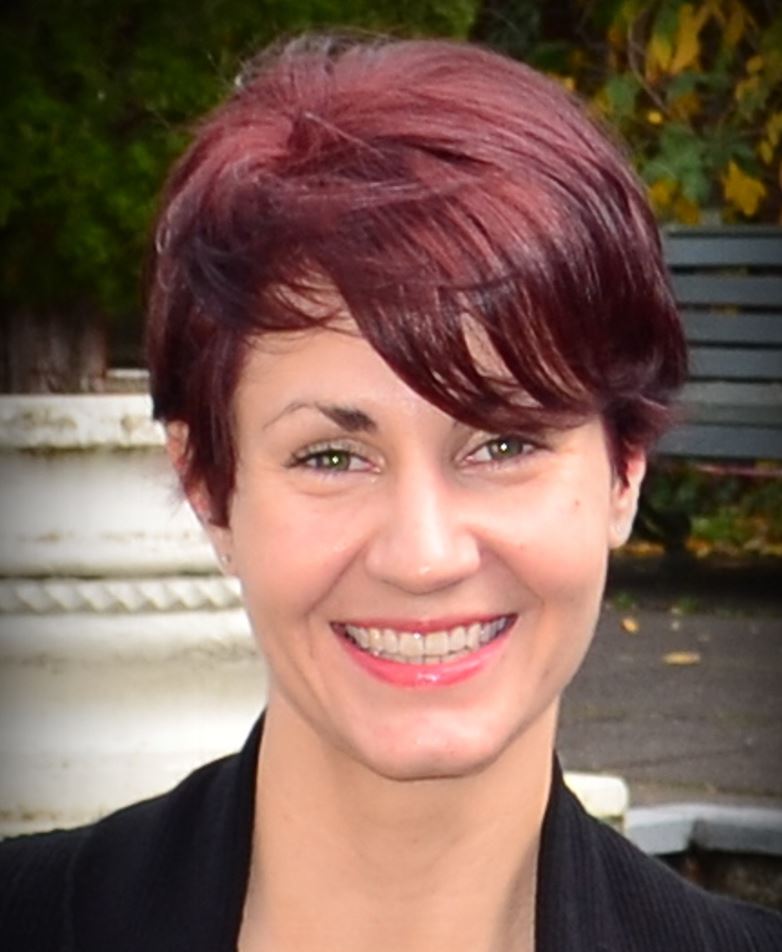1273rd OGM and open lecture
 “This talk may cause side effects: nocebo effects in medicine”
“This talk may cause side effects: nocebo effects in medicine”
Dr Kate Faasse
School of Psychology
UNSW
Date: Wednesday 5 June 2019
Venue: Gallery Room, State Library of NSW
Almost everyone has experienced unpleasant side effects from a medical treatment. But what if I were to tell you that most of these side effects aren’t caused by the treatment itself, but by a powerful psychobiological phenomenon called the nocebo effect? The nocebo effect is sometimes seen as the ‘dark side’ of the better-known placebo effect where healing or health improvements are triggered by the treatment context rather than any therapeutic effects of the treatment itself. In contrast, nocebo effects are the unpleasant or adverse outcomes that can be triggered by the treatment context, including information about possible side effects, seeing or reading about someone else experience unpleasant side effects, and generic versus brand name labelling of the medication. This talk used case studies to illustrate the potential impact of nocebo effects in daily life, and discussed recent evidence on the development of nocebo effects, the different treatment context factors that can increase the experience of nocebo effects, the implications of nocebo effects for patients and public health, and evidence on strategies that might help to reduce nocebo effects.
Kate Faasse is an ARC DECRA Fellow and Senior Lecturer in Health Psychology in the School of Psychology at the University of New South Wales. Originally from New Zealand, Kate completed her Bachelors, Masters, and PhD training in Psychology at the University of Auckland, specializing in Health Psychology. She moved to Sydney to take up a Lecturer position in the School of Psychology at UNSW in 2016. During this time Kate has produced over 35 publication and has received over $1million in competitive funding from sources such as the ARC (Australia), and the Auckland Medical Research Foundation (New Zealand). Highlighting the importance of her research into the nocebo effect, Kate’s work was also supported by the Pharmaceutical Management Agency of New Zealand (PHARMAC), and her research has informed healthcare policy in New Zealand. Kate’s research in Health Psychology focuses on aspects of medication use, including nocebo and placebo effects, treatment adherence, and perceptions of generic medicines. Ultimately, she hopes that her research will contribute to reducing the burden of nocebo-induced medication side effects in Australia through generating greater understanding of factors that influence the formation and maintenance of nocebo effects, and the development of interventions to reduce nocebo effects in clinical practice.








